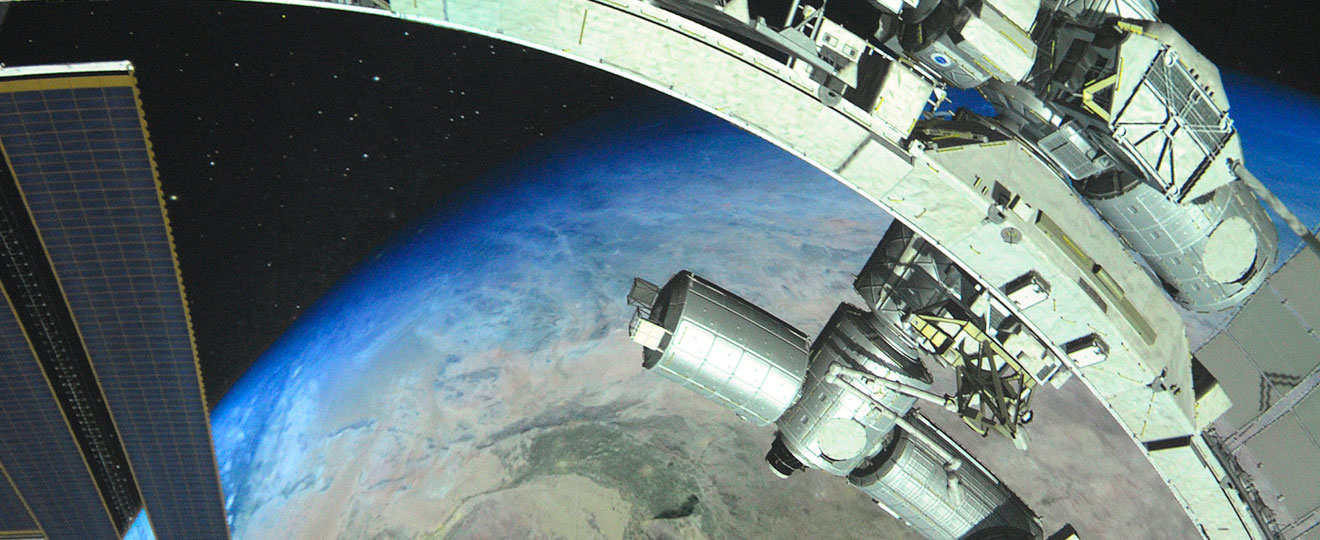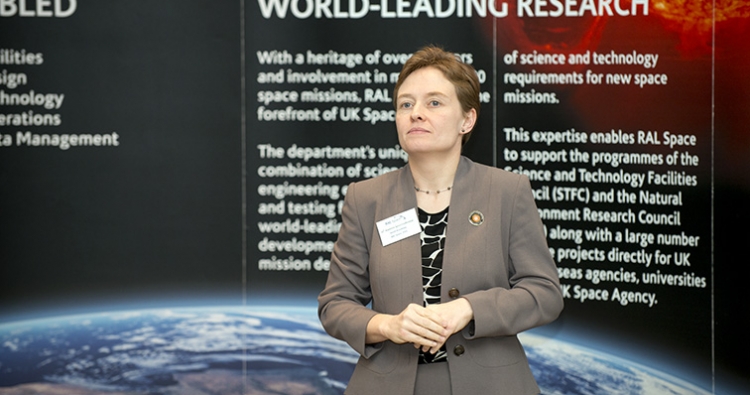What do you do in your job?
I manage a team of around 50 engineers who design, build and test instruments that go into space.
Sarah’s top tips for a career in science
- Love what you do – you will be doing it for a long time so it has to be something you are passionate about.
- Work hard – there is no substitute for putting in the hours, but also work smart – make your time count in everything you do, give it 100%.
- Believe in yourself – others will sometimes doubt you, so you have to believe in yourself and your potential and keep going no matter what.
- Plan – think about your ultimate goal and then break it down into manageable chunks. Write down what you are going to do and then do it. You are far more likely to succeed if you write out your plan.
- Be patient – you may not succeed in your first attempt – or second – but if you believe in yourself, you’ll get there in the end.
Summarise the impact your job has on everyday life
Space science is inspirational and helps us understand our place in the Universe. The engineering and technology required to do what we do is always pushing the boundaries and transfers into our everyday lives.
What’s the best thing about your job?
The people and the challenging work. I work with a fantastic group of people who inspire and motivate me every day. I love that we are working on instruments that will go into space and enjoy solving the daily problems that arise. The thing I love most is that every day is different with new challenges and experiences – it means I am continually learning new things.
What did you study at school?
I took separate sciences, plus the important Maths and English as well as other subjects that interested me. At A-level I took physics, pure maths and applied maths. At university, my first degree was in astrophysics and then I took a PhD in astronomy. When I became a professional scientist, I studied the Moon which remains my biggest love in science.
What inspired you into a career in science / engineering?
I wanted to be an astronaut! I loved looking up at the stars and wanted to be among them. Everything I did was based around that dream. I may not be an astronaut now, but I am still in the space business and helping to get things into space, so it’s the next best thing.
RAL Space

RAL Space, based at STFC’s Rutherford Appleton Laboratory, carries out an exciting range of world-class space research and technology development. It has had significant involvement in over 200 space missions and is at the forefront of UK Space Research, including Herschel, the largest space telescope ever launched, which is examining the early stages of star birth and galaxy formation;

